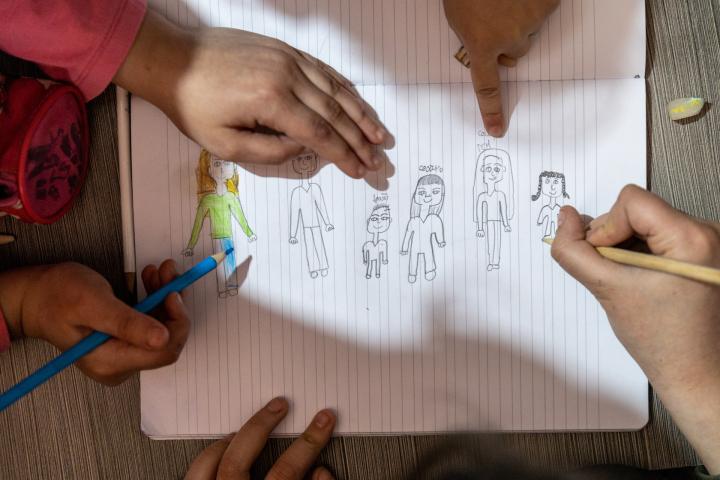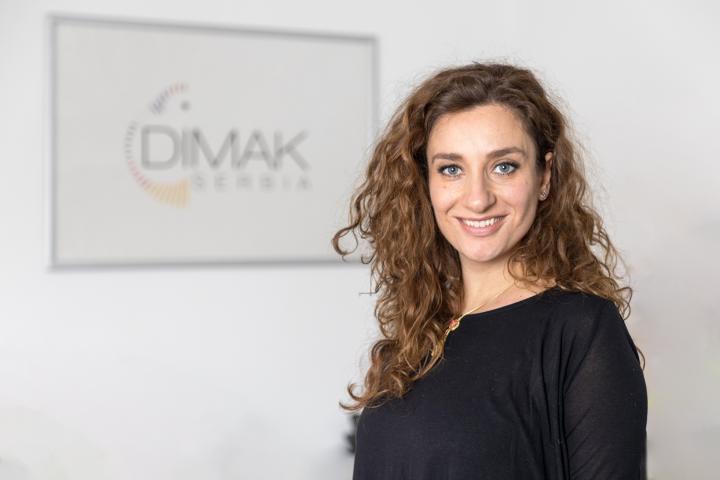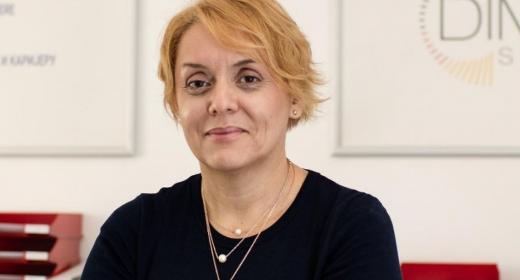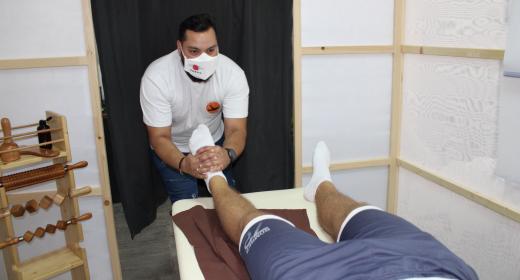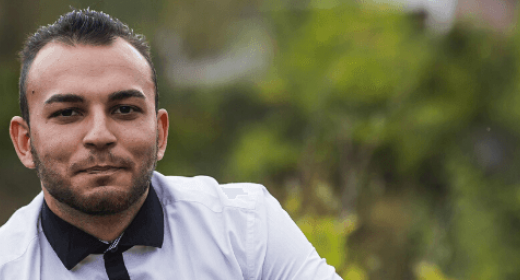Ivana Ristićević is an advisor at the DIMAK Information Centre in Belgrade. She talks in an interview about the challenges faced by families returning to Serbia.
You also advise families who are returning. What in particular do you need to consider?
We at DIMAK always focus on the welfare of children. They have priority, because their needs make it much more urgent to resolve any open issues linked to their return. Apart from the existential aspects, such as income, housing, food and clothing, it’s vital that families with children reintegrate especially quickly. Otherwise these children could miss out on too much at school and lose the motivation to continue their education.

